The deputy prime minister pointed out that it is not surprising for Russia to raise the issue of sanctions, as the country has previously employed similar tactics during negotiations on the Black Sea grain corridor agreement. When discussing a negotiated solution to the Russia-Ukraine war, the possibility of lifting punitive measures against Moscow is increasingly being raised.
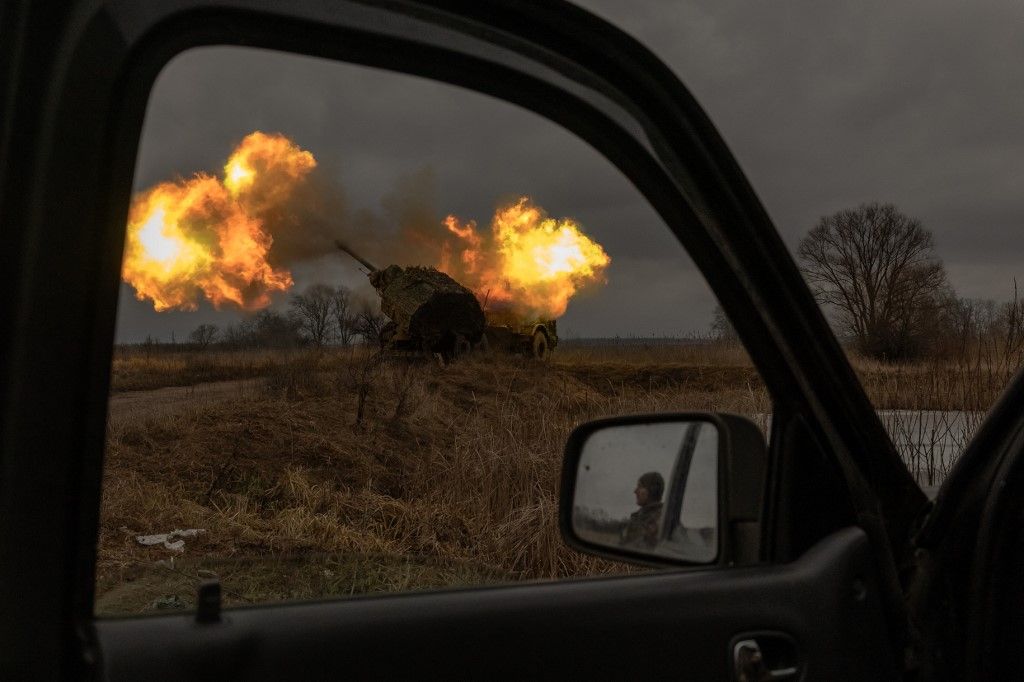
Regarding the position of the United States, Olha Stefanishyna expressed uncertainty:
I am confident in the European Union. But if we consider the official statements from the U.S., particularly after the so-called consultations that took place (between the U.S. and Russia), they did not seem radical.
This statement highlights the Ukrainian leadership's concerns over potential shifts in U.S. policy, although Kyiv remains confident in the European Union’s commitment.
Russia-Ukraine war: more sanctions from Brussels
On February 19, the European Union approved its 16th sanctions package against Russia, set to officially take effect on February 24, marking the third anniversary of the Russian invasion. The new measures primarily target aluminum imports and the so-called "shadow fleet." This term refers to aging and poorly insured ships that Russia uses to circumvent sanctions on oil sales.
Opinions on the effectiveness of the sanctions are increasingly divided. While pro-war Brussels and Ukrainian politicians argue that they are beneficial and limit Moscow’s military capabilities, others warn that Russia has adapted to the sanctions and has found alternative trading partners, such as China and India.

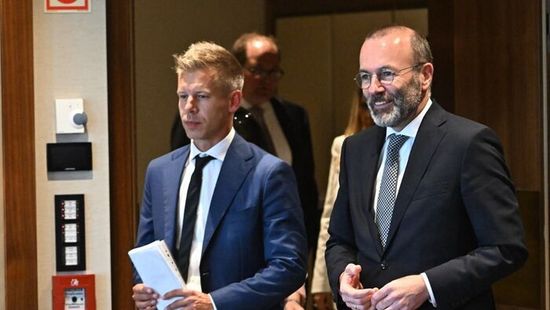
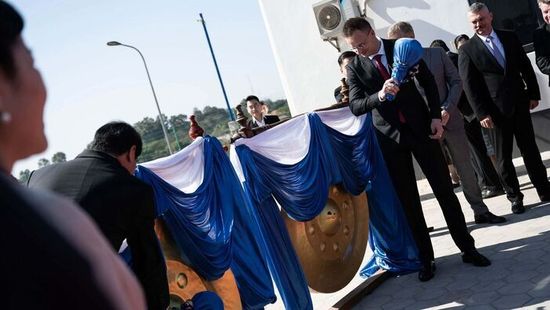
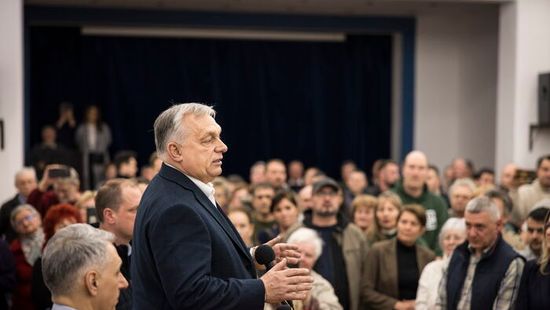
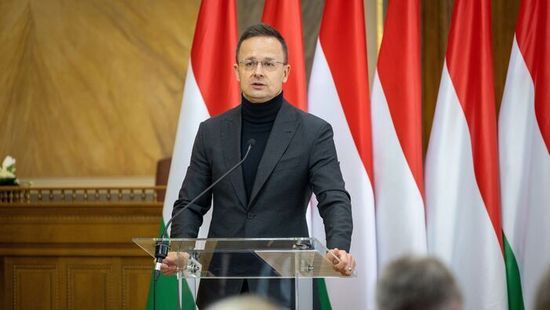

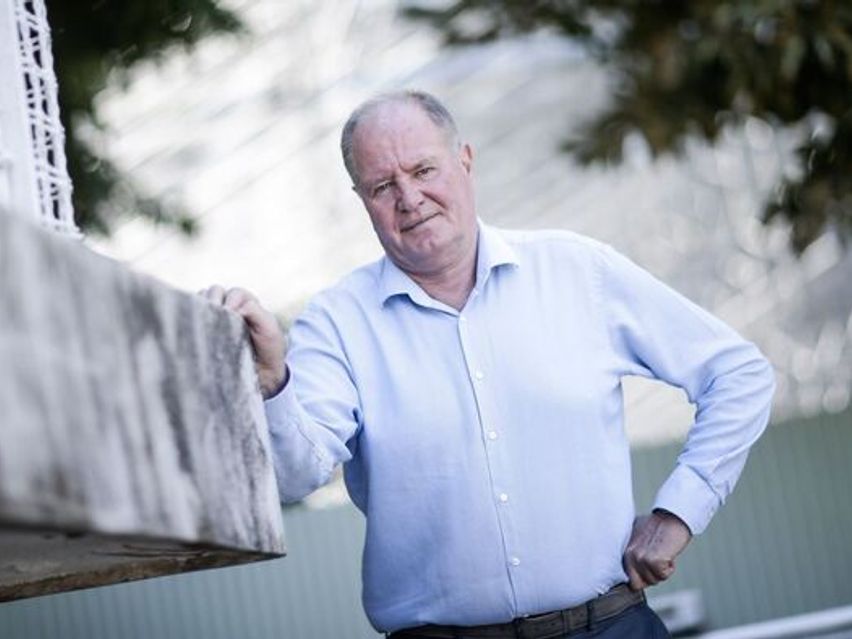
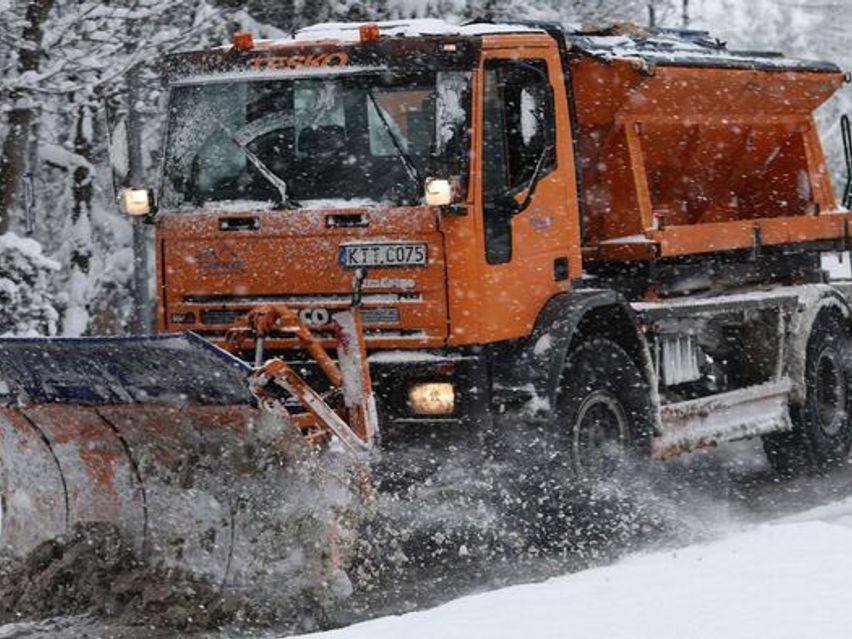
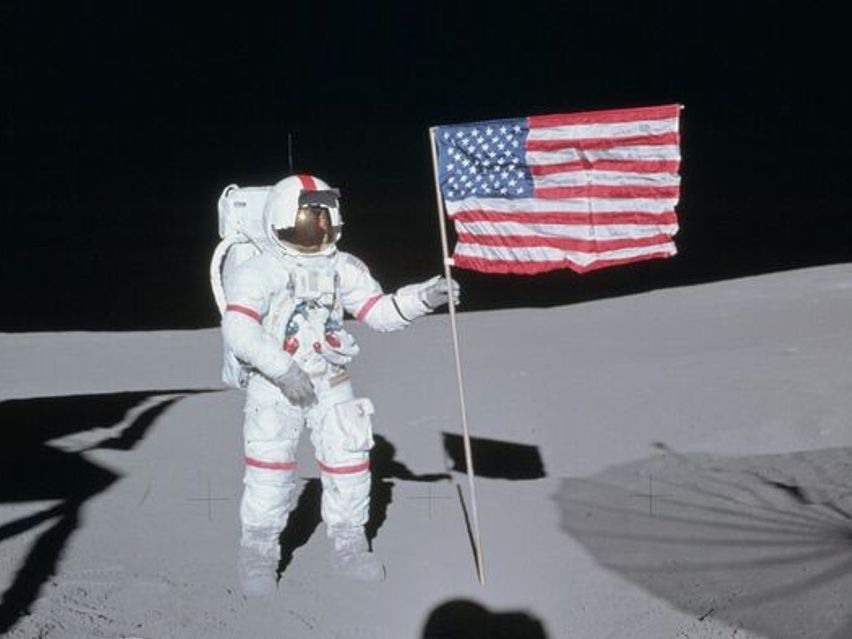


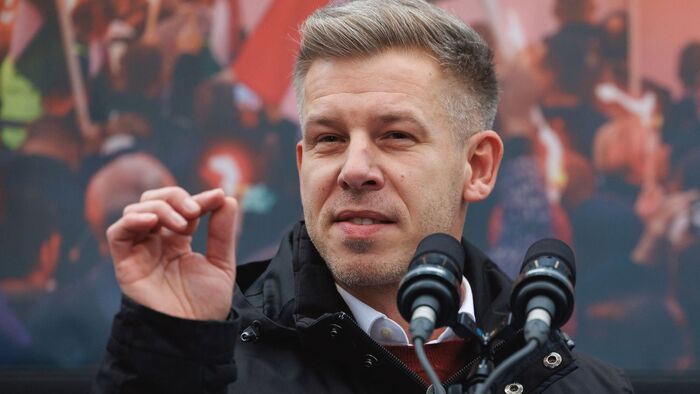
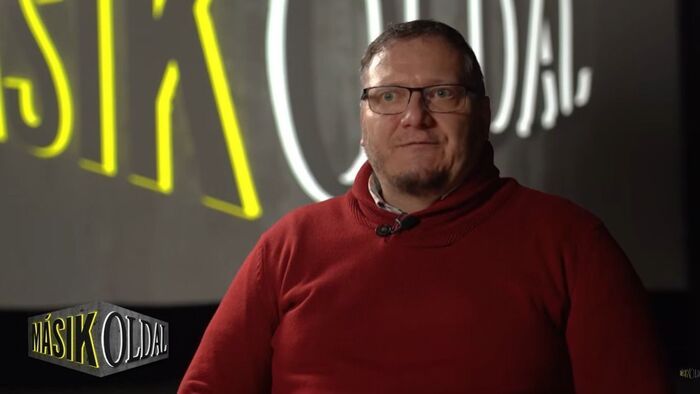
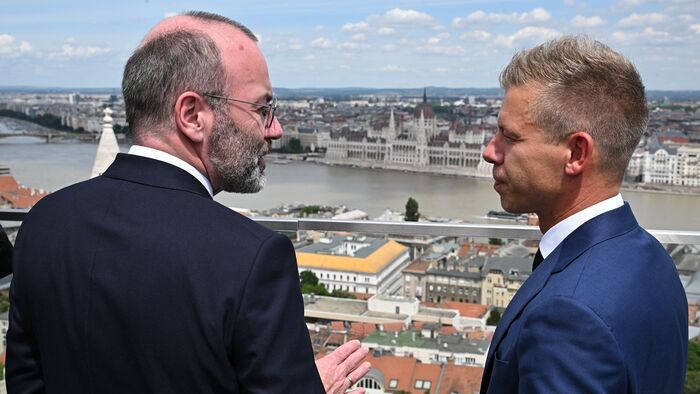
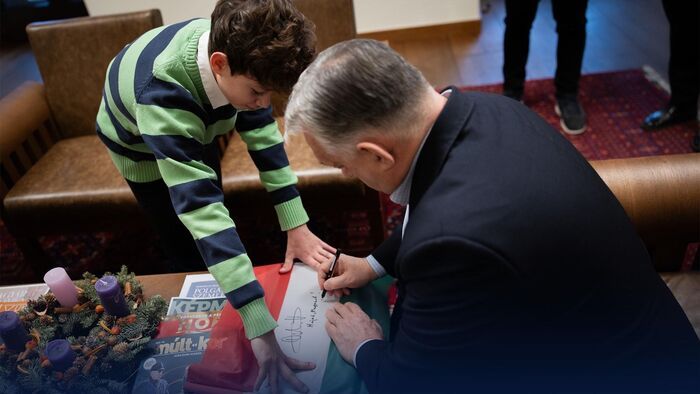
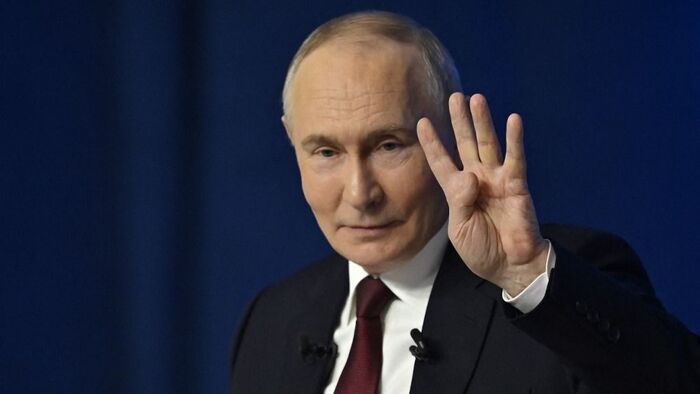
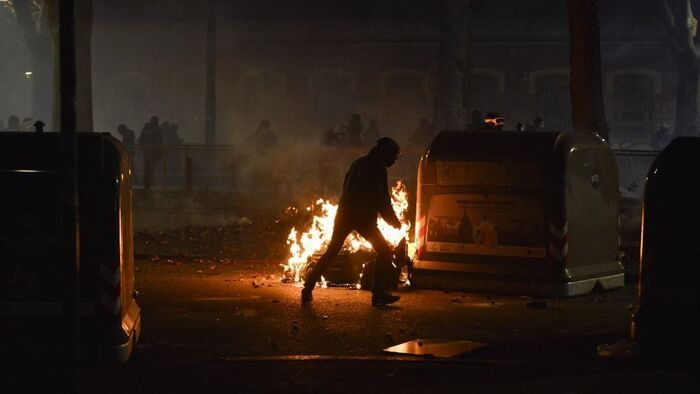
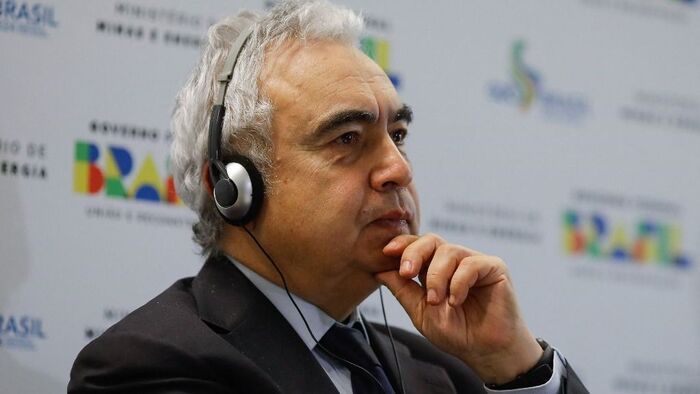


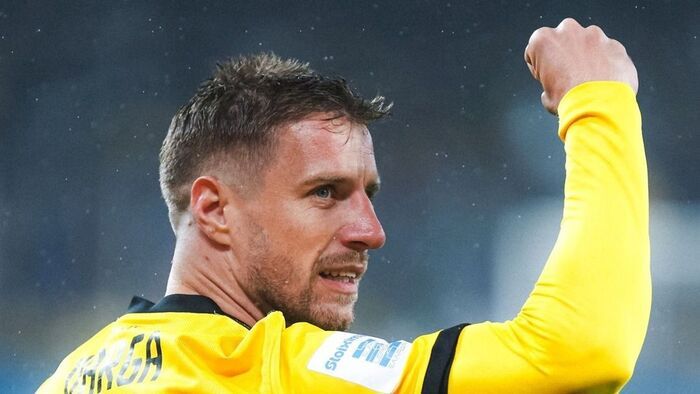
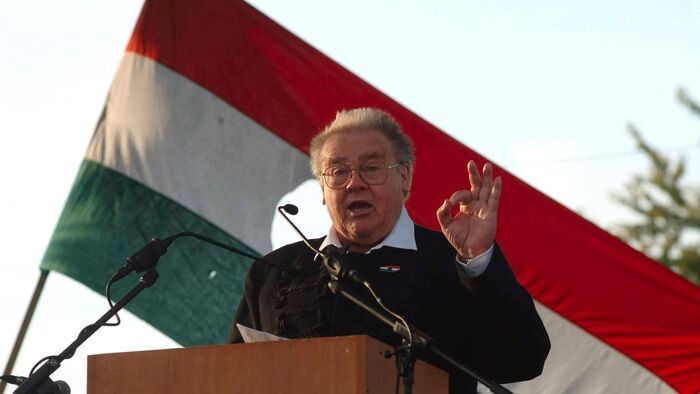

Szóljon hozzá!
Jelenleg csak a hozzászólások egy kis részét látja. Hozzászóláshoz és a további kommentek megtekintéséhez lépjen be, vagy regisztráljon!